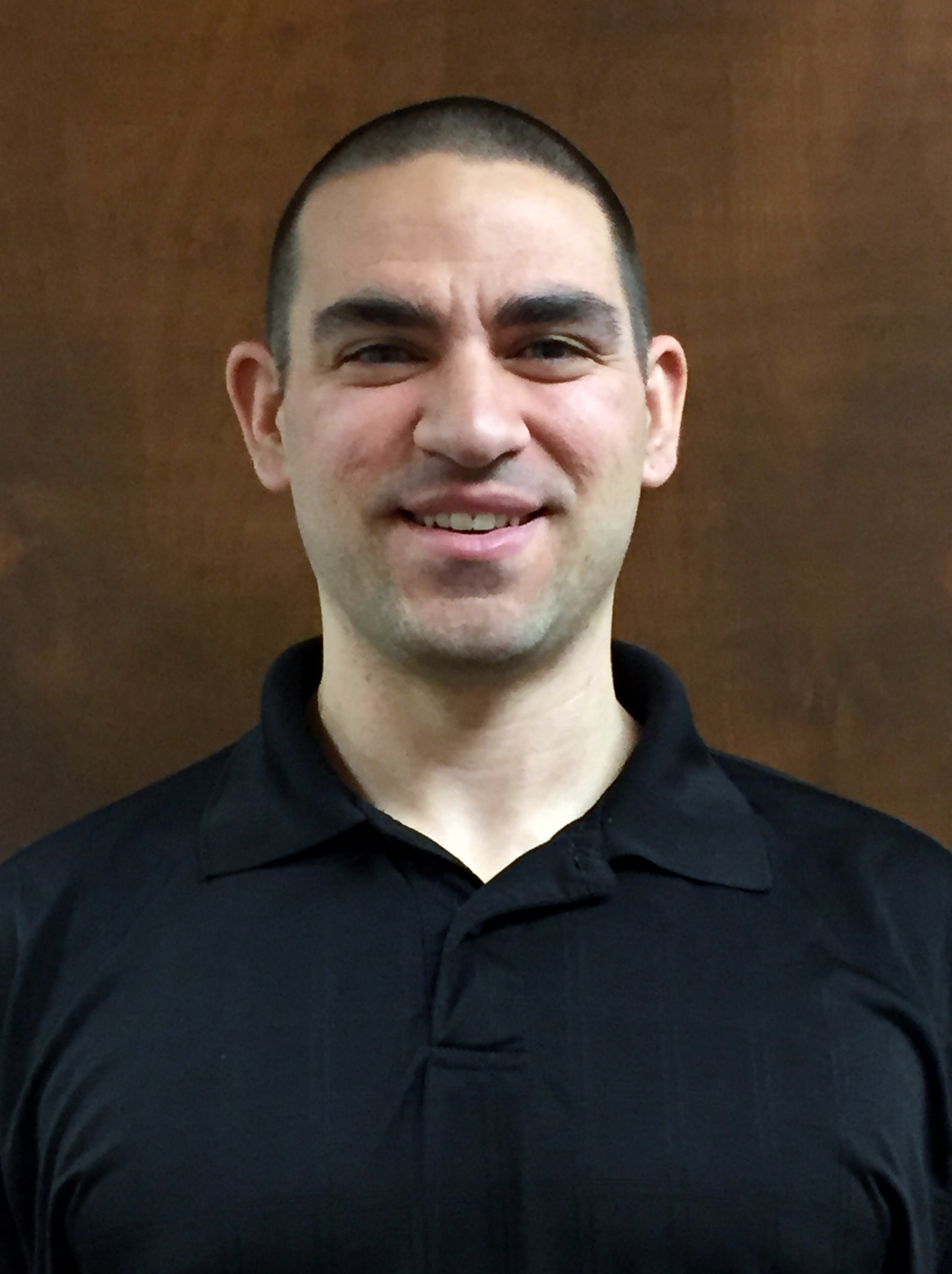Looking out for Veterans Posted On
Veterans Day is just around the corner, and what better way to honor the men and women who served our country than to support them. There are many ways we can reach out and support our veterans, but, when thinking about problem gambling, one great way to support our veterans is to look for signs of problem gambling.
Veterans are considered a special population in terms of problem gambling, because of the inherent risks in serving our country. Men and women, who have served our country, faced very difficult situations that were matched with high adrenaline rushes. Many times when they come back from combat, they may feel bored and may be looking for other ways to satisfy the rush they experienced during deployment, or they may be looking for an escape from what they went through. Plus, all veterans face some difficulties with reintegration into civilian life, and may rely on gambling to cope with the change.
What is problem gambling?
Anytime gambling causes problems in someone’s life, they may be struggling with problem gambling. For example, if a veteran’s gambling is causing problems in their relationship with their loved ones, they may be struggling with problem gambling. We call it problem gambling because it’s meant to encompass anytime gambling causes problems.
Are there any special situations that put veterans at increased risk for problem gambling?
Veterans returning from deployment do face special situations upon returning to civilian life.
- Adjusting: Veterans returning home may find that adjusting from deployment to civilian life to be difficult. They may struggle to find their place within their family upon returning from service.
- Unemployment: Veterans return from deployment, where they had a sense of need or purpose, direction, and supervision to home where they may find themselves unemployed feeling useless and meaningless.
- Relationship problems: Although a veteran’s life has changed drastically (not specifically good or bad) from their experience in the military, their families may not have changed all that much. Between readjusting to civilian life, finding a purposeful way to continue contributing to society, and coming home a with new experiences and perspectives, the veteran’s most important relationships come into question from disputes and disagreements.
These three specific struggles a veteran may face, combined with possible PTSD (Post Traumatic Stress Disorder), TBI (Traumatic Brain Injury), and depression, which are also common health disorders in the veteran community, gambling may be seen as a safe outlet for entertainment and/or an escape.
What are some signs of veterans struggling with problem gambling?
The signs of a veteran struggling with problem gambling are the same as anyone else struggling with problem gambling. Here are some signs to look for:
- Gambling more often, and/or with more money
- Withdrawing from relationships and other activities to gamble
- Preoccupied with thoughts of gambling
- Gambling to make up for previous gambling losses
- Gambling to escape feelings of distress (i.e. helplessness, guilt, anxiety, depression)
- Lying to friends and family to conceal the extent of involvement in gambling
- Relying on others to help relieve desperate financial situations by providing money or a bailout
You know a veteran that may be struggling with problem gambling, now what?
Call the HOPEline at 1-877-8-HOPENY (or 1-877-846-7369)! If you know someone who may be struggling with problem gambling, call the HOPEline for help. The HOPEline will offer guidance for veterans struggling with problem gambling, and families struggling with the effects of problem gambling. They’re available 24/7, and are awaiting calls to help those in need. If you’re unsure what to do, call, and they’ll offer guidance.
We hope you all enjoy a wonderful Veteran’s Day, and that we’ll use this special day to honor the men and women who’ve served our country by looking out for their well being, as they have already done for us.

